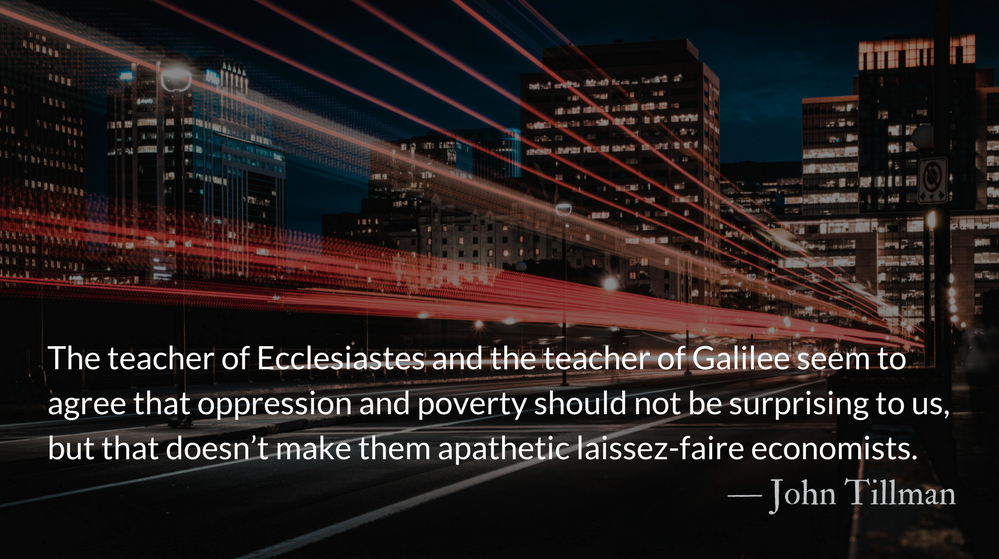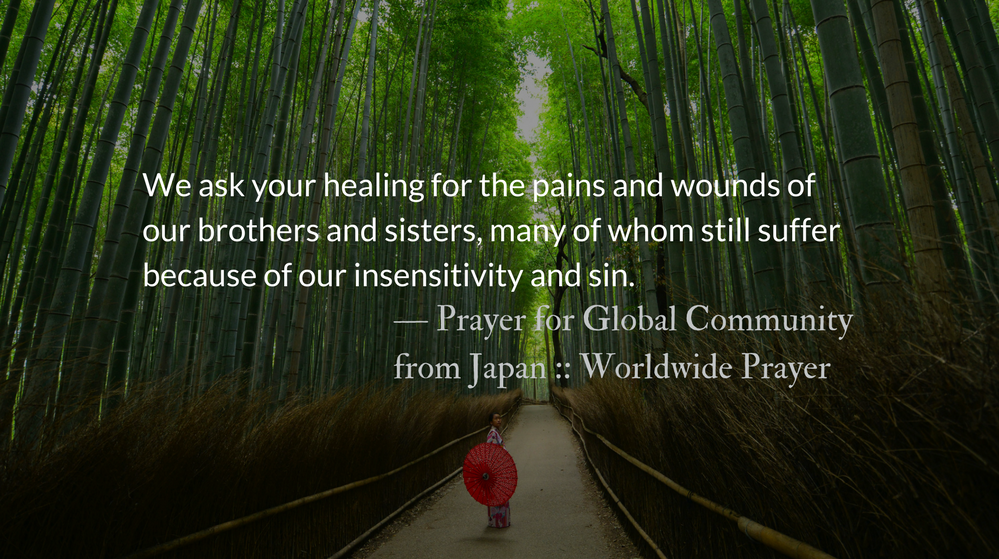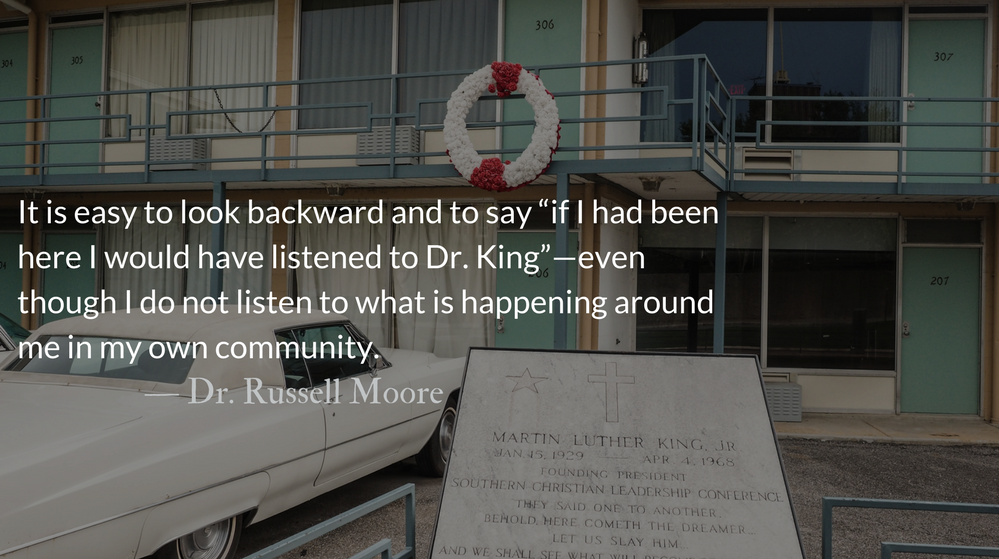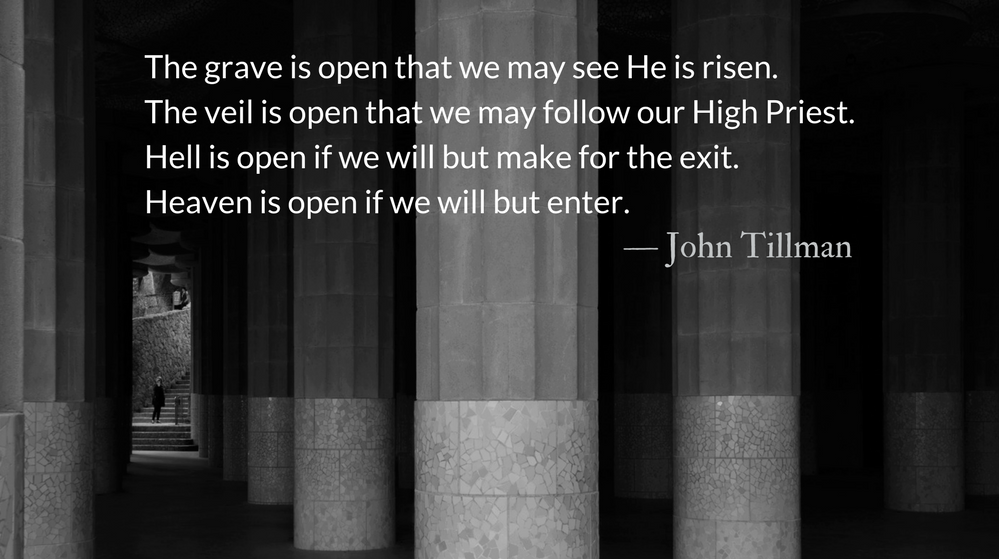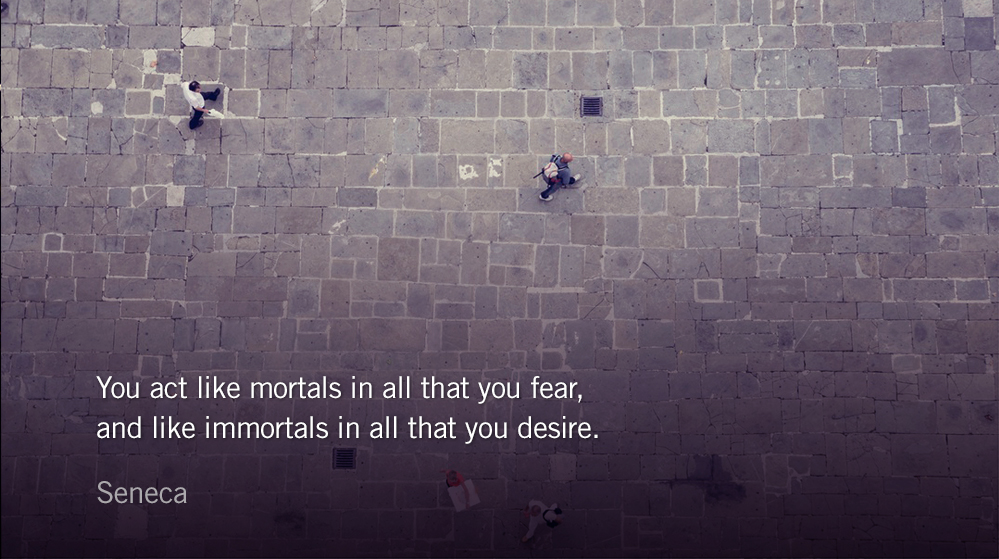Scripture: Ecclesiastes 5.8-9
If you see the poor oppressed in a district, and justice and rights denied, do not be surprised at such things; for one official is eyed by a higher one, and over them both are others higher still. The increase from the land is taken by all; the king himself profits from the fields.
Reflection: Unsurprising Oppression
By John Tillman
The teacher of Ecclesiastes and the teacher of Galilee seem to agree that oppression and poverty are a condition of the world that should not be surprising to us, but that doesn’t make them apathetic laissez-faire economists.
Solomon, the teacher of Ecclesiastes, says we should be unsurprised to see oppression of the poor and systemic corruption in the government.
Jesus, the teacher of Galilee, says the poor will always be with us.
Neither of them would have expected their words to be portrayed as endorsements of a laissez-faire attitude toward poverty or oppression.
Rather than an endorsement, Solomon’s statement is a confession of complicity. The king himself profits from the fields. The profit of the corrupt system, and the guilt for it, passes up the chain of authority and distributes itself throughout the entire economic system to every citizen. And Solomon calls this profit, “meaningless.”
And in the case of Christ’s words, often misquoted by politicians looking to cut social spending, Jesus is referencing an Old Testament passage everyone in the room would have instantly recognized. The other half of the sentence from Deuteronomy that Jesus is referencing is, “Therefore I command you to be openhanded toward your fellow Israelites who are poor and needy in your land.”
Jesus is specifically referencing the abandoned economic practices of Jubilee. Under this system, debts (regardless of their origins or the wisdom of the debtors) were to be forgiven every seven years, including a complete reset of property rights once in a generation.
There is little biblical evidence that the system was ever followed as God prescribed it. If it had been followed generational poverty would be impossible. However, the pull of meaningless profit and gain for gain’s sake was too strong for ancient Israel and is too strong for us today.
As the teacher says:
Whoever loves money never has enough;
whoever loves wealth is never satisfied with their income.
This too is meaningless.
The meaninglessness of accumulating wealth is a universal symptom of our sinful condition. We are all affected by it, from the top economic strata to the bottom.
May we be generous not just with tangible resources, but by influencing the way our culture thinks about poverty.
In a world in which the poor and oppressed are too often excoriated as complicit in their own oppression, may we speak words of truth and comfort backed up with tangible aid.
Prayer: The Morning Psalm
Though the Lord be high, he cares for the lowly; he perceives the houghty from afar. — Psalm 138.6
– Prayer from The Divine Hours: Prayers for Springtime by Phyllis Tickle.
Full prayer available online and in print.
Today’s Readings
Ecclesiastes 5 (Listen – 2:50)
2 Timothy 1 (Listen – 2:37)

